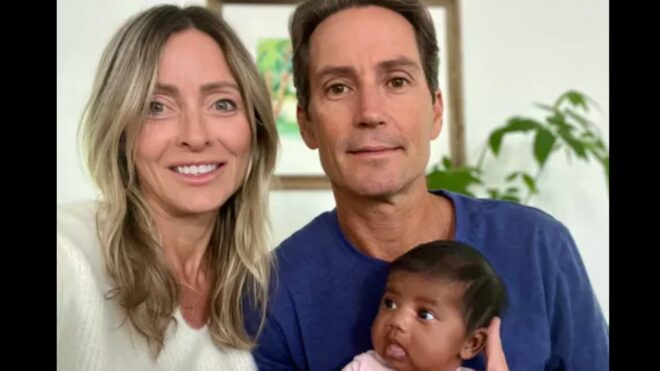Here's one mystery you don't think you'll have to solve as a parent: the case of the missing teeth. Kids get their baby teeth, they fall out, and they're replaced by permanent ones. Your biggest fear is getting the bill for your kid's braces … not searching for permanent teeth that are MIA.
But sometimes, that's exactly what happens. According to Dr. Anne Hertzberg, DMD, a pediatric dentist with Chestnut Dental Associates in Massachusetts, missing permanent teeth in children are not as rare as you may think.
"There's a big range of percentages in patients who are missing teeth," said Hertzberg. "Missing permanent teeth ranges from 1.5 to 10 percent of the population (excluding wisdom teeth which have a higher prevalence)."
The number of missing teeth varies from kid to kid. One missing tooth is called hypodontia or agenesis of a tooth … and it's typically much easier to deal with. If multiple teeth are missing, it is called oligodontia. And some kids face anodontia — no adult teeth growing in at all.
Even more befuddling for parents: there's no specific cause for missing teeth in kids. While some cases have a genetic link, others are completely spontaneous.
So how do you know if your child's permanent teeth are missing? And what can you do about it? Hertzberg recommends the following:
1. Take your child to a pediatric dentist on schedule. Guidelines call for a child's first dental examination to be at age 1. By establishing early dental care, dentists follow your child to watch for potential issues. They use a combination of examinations, family history (sometimes missing teeth run in families), medical history, and radiographs to diagnose tooth abnormalities.
"Pediatric dentists are trained in growth and development," says Hertzberg. "Part of the examination is following growth patterns and tooth exfoliation and eruption patterns. You bring your kid to the pediatrician, right? Dental visits are important, too."
2. Have an idea of what to expect and when in terms of your child's teeth. Mandibular incisors are the first baby teeth to erupt. Typically this occurs around 6 months old but can be as early as 4 months and as late as 14 months.
Most kids lose baby teeth around 6 years old, but that varies too. It can happen as early as 4 years old and as late as 9 years old.
When a baby tooth falls out naturally, a replacement can show up in as little as a week, or it may take as long as six months. If you feel like it's been too long since that baby tooth's disappearance, it's wise to contact your dentist. X-rays can determine if there is an adult tooth in the gum line or not.
More from The Stir: My 7-Year-Old Still Hasn't Lost His Baby Teeth & I Hope He Never Does
If the baby tooth was lost due to fracture or decay, it may take longer than six months for another to appear, so don't get too concerned. But if you feel it's taking too long, similar measures can be taken by a dentist to ensure the permanent replacement is not missing, so don't be afraid to give them a call. It's better to be safe than sorry.
Most kids have their permanent teeth by 13. A checkup at that age is crucial to ensure all teeth are accounted for.
3. Pick a pediatric dentist who works with an orthodontist. The two collaborate to come up with the best treatment plan for children with missing teeth. Sometimes orthodontists close spaces with braces, plan for implants, or maintain the primary (baby) tooth.
4. Do not panic. The key is to find a dentist you trust and bring your child in for check-ups on schedule. They will help you develop a plan that deals with not only the missing tooth but self esteem and other issues that may arise.
Does your child have any missing permanent teeth?
Image via © Alison Cohen Rosa/Corbis




